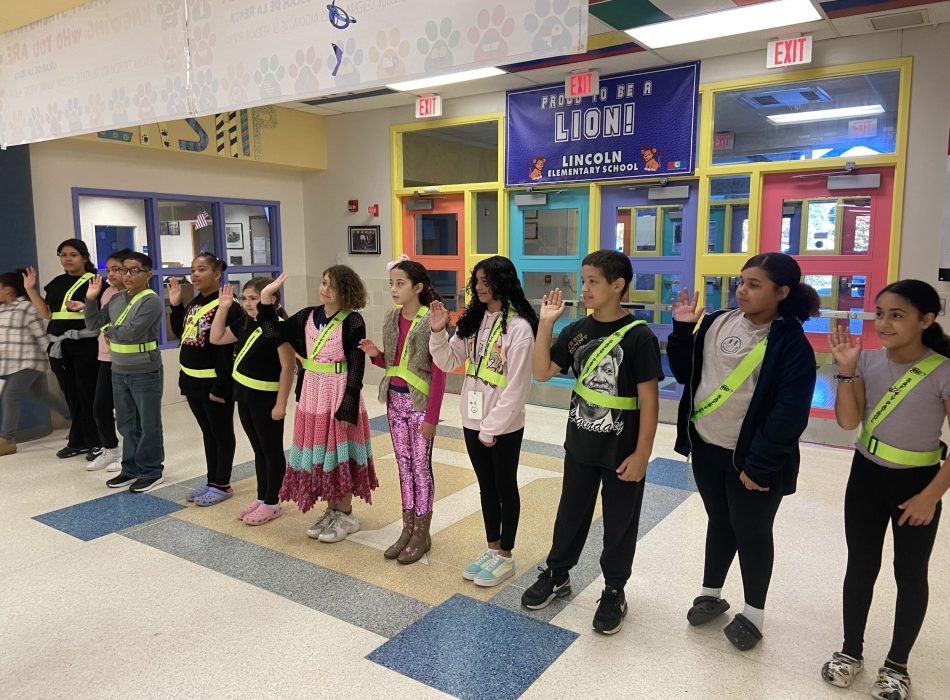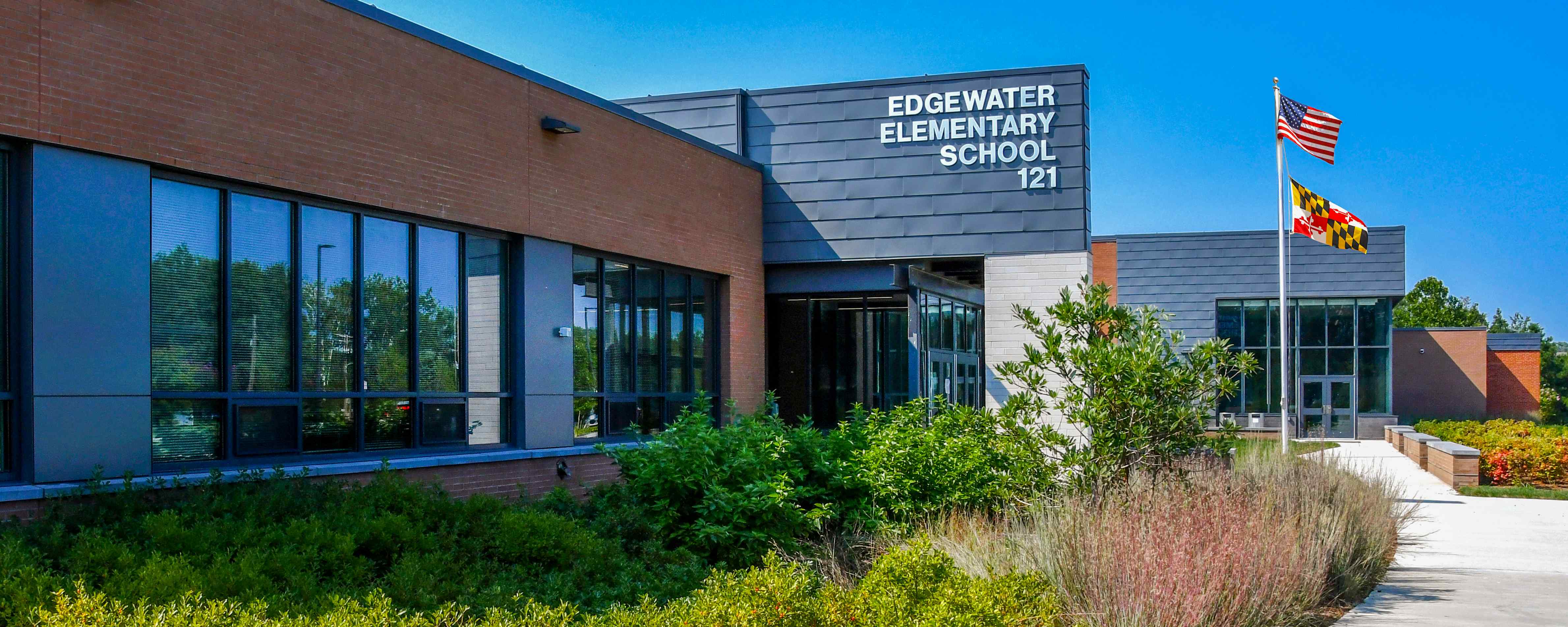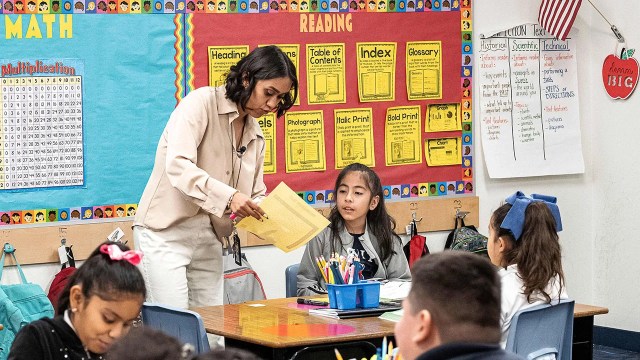Essential Kindergarten strategies for developing emotional intelligence
Wiki Article
Everything about Kindergarten: Recognizing the Significance of Very Early Childhood Education Programs
Preschool works as a vital stage in a youngster's early development. It presents fundamental abilities important for future learning and social communications. Via numerous activities, youngsters participate in organized play that promotes cognitive development. Comprehending the subtleties of various preschool programs can additionally illuminate their value. What particular advantages do these very early education and learning experiences provide, and how do they shape a youngster's trajectory? The answers may be extra intricate than one might expect.
The Role of Kindergarten in Child Advancement
Although some may check out preschool merely as a transition stage before official education, it plays a vital duty in child advancement. This foundational stage promotes critical social, psychological, and cognitive skills that are essential for long-lasting understanding. In kindergarten, children participate in structured play, which enhances their capability to comply, share, and resolve conflicts with peers. These interactions lay the groundwork for healthy relationships and enhanced communication skills.On top of that, kindergarten introduces children to basic concepts in literacy and numeracy, sparking curiosity and a love for learning. Teachers lead pupils via tasks that promote important and analytic thinking, necessary components of intellectual growth. Furthermore, the setting highlights routine and structure, assisting youngsters establish self-discipline and independence. By focusing on holistic growth, preschool assurances that children are not just prepared academically but additionally socially and mentally for the difficulties of future educational undertakings.
Secret Benefits of Very Early Childhood Education
Early youth education provides numerous advantages that can considerably affect a child's growth and future success. Research study indicates that youngsters who take part in high quality early education and learning programs exhibit boosted cognitive skills, much better language growth, and improved social abilities compared to their peers who do not participate in such programs. These foundational abilities are important as they establish the stage for scholastic achievement and long-lasting knowing.Very early education cultivates emotional development by supplying youngsters with opportunities for cooperative play and dispute resolution, helping them establish strength and compassion. In addition, these programs typically aid link the gap for youngsters from diverse backgrounds, guaranteeing equitable accessibility to finding out sources and experiences
Inevitably, buying early childhood education not only benefits specific youngsters but also adds to stronger communities, as educated people are more probable to involve favorably in culture and the workforce.
Different Sorts Of Preschool Programs
Numerous kindergarten programs deal with different academic viewpoints and requirements. Full-day alternatives provide prolonged discovering time, while the Montessori technique highlights independence and hands-on experiences. Furthermore, play-based discovering methods foster imagination and social skills, highlighting the variety in early youth education.Full-Day Kindergarten Options
Several moms and dads and teachers recognize the expanding significance of full-day preschool alternatives in early childhood education and learning. Full-day programs normally supply a more comprehensive learning experience, permitting kids to participate in a range of activities throughout the day. These choices frequently consist of a balanced educational program that integrates scholastic, social, and emotional growth. Some districts supply standard full-day preschool, while others may give specific programs, such as twin language or thematic knowing settings. Additionally, full-day preschool can fit working parents by straightening school hours with common work timetables. Research recommends that trainees in full-day programs often demonstrate boosted academic performance and social abilities contrasted to their peers in half-day settings, making these choices significantly popular in lots of areas.Montessori Approach Introduction
The Montessori approach is just one of numerous educational approaches, it has actually obtained significant attention for its distinct emphasis on child-led learning and exploration. Established by Dr. Maria Montessori, this technique concentrates on cultivating freedom and self-directed task in youngsters. Class are typically designed to encourage movement and hands-on engagement with products, enabling youngsters to learn at their very own rate. Montessori instructors work as overviews, promoting finding out via monitoring as opposed to direct instruction. This approach focuses on mixed-age class, promoting collaboration and peer learning. In addition, the Montessori technique highlights useful life skills and sensory activities, helping children create a strong foundation in both scholastic and social competencies. Moms and dads commonly appreciate the holistic growth that this technique nurtures in their youngsters.Play-Based Knowing Approaches
Play-based understanding methods are integral to numerous preschool programs, emphasizing the relevance of play as an essential setting of discovering for children. These approaches motivate expedition, imagination, and social communication, allowing youngsters to take part in hands-on experiences that cultivate cognitive and emotional development. Different kinds of play, such as imaginative, useful, and physical play, are used to sustain learning objectives across topics like mathematics, scientific research, and proficiency. Additionally, play-based programs usually incorporate collective tasks, advertising teamwork and communication abilities. Educators observe and guide children during play, making certain that learning results are accomplished while preserving a joyous learning atmosphere. This technique not just boosts scholastic preparedness yet also cultivates a lifelong love for knowing, making it more a crucial component of very early childhood education and learning.The Significance of Play in Knowing
A significant body of research study highlights the vital duty of play in very early childhood years education and learning, highlighting its extensive influence on discovering and development. Play functions as an essential mechanism through which children explore their setting, create cognitive abilities, and improve their analytical capabilities. Participating in creative play permits kids to try out different duties and circumstances, promoting creativity and crucial reasoning.Play-based knowing encourages children to involve with materials and principles in a hands-on fashion, making abstract ideas extra substantial and understandable. This experiential discovering method not just catches youngsters's rate of interest yet likewise promotes innate inspiration, essential for long-lasting knowing.
Via play, kids also refine their electric motor skills and spatial recognition, preparing for a lot more complex academic jobs. Basically, prioritizing play in early youth education and learning programs is important for supporting holistic advancement, equipping kids with the foundational abilities required for their future academic trips.
Social Skills Advancement in Preschool
Structure on the structure established through play, kindergarten acts as an important atmosphere for social abilities growth. Throughout this formative stage, kids participate in organized tasks that encourage interaction with peers. Through group jobs, cooperative games, and shared jobs, they find out important skills such as empathy, dispute, and interaction resolution.Teachers help with these communications, directing youngsters in recognizing social hints and promoting positive connections. As kids browse various social scenarios, they develop a feeling of belonging and find out to appreciate varied viewpoints.
Additionally, kindergarten offers chances for children to practice turn-taking, sharing, and arrangement, which are necessary for constructing relationships. These experiences not just improve social capability but likewise add to emotional knowledge. Therefore, the social abilities gotten in preschool prepared for effective communications in later instructional settings and throughout life. The importance of social skills development in kindergarten can not be overstated.
Adult Participation in Very Early Education

In addition, when parents show a rate of interest in their kid's education and learning, it cultivates a favorable mindset towards knowing. When they really feel supported, kids are a lot more likely to develop a feeling of belonging and inspiration to prosper. Additionally, adult involvement can improve a kid's psychological well-being, resulting in greater durability in facing institution obstacles. Fostering a collective environment between home and institution is vital for maximizing early instructional experiences and results.
Planning for the Transition to Grade School
As kids approach the end of their kindergarten trip, preparing for the change to primary school ends up being progressively vital. This shift needs cautious planning and assistance from both educators and parents. Familiarizing kids with the new setting, regimens, and assumptions of grade school can alleviate their anxiousness and promote confidence.
Institutions usually provide positioning sessions that introduce youngsters to their future classrooms and educators, fostering a sense of belonging. Additionally, moms and dads can involve in conversations concerning the changes in advance, highlighting the amazing possibilities for learning and social interaction.
Urging independence in everyday tasks, such as clothing and following a timetable, can additionally be beneficial. Exercising crucial abilities, such as letter acknowledgment and fundamental math, prepares youngsters academically for initial quality.
Eventually, a collective initiative among parents, teachers, and the neighborhood click here now guarantees a smoother shift, laying a strong foundation for an effective educational journey.
Regularly Asked Inquiries
What Credentials Should Kindergarten Teachers Have?
Preschool instructors ought to have a bachelor's degree in very early childhood years education or a related field, together with state certification. Additional certifications might include specialized training in child development, class monitoring, and efficient training approaches.Just how Do I Pick the Right Kindergarten Program?
To choose the ideal preschool program, one should think about aspects like educational program, mentor approaches, course size, teacher credentials, and parent evaluations. Checking out facilities and observing interactions can additionally give useful insights into the program's environment.What Should My Child Learn in Kindergarten?
In preschool, a youngster needs to find out foundational skills such as basic reading and writing, counting, social communications, analytic, and electric motor skills. These competencies cultivate cognitive growth and prepare them for future academic challenges.Exist Age Needs for Preschool Enrollment?
Most states call for kids to be five years of ages by a specific date, typically September 1st, for kindergarten registration. Nevertheless, particular age requirements can differ, so checking local college district policies is necessary.
How Can I Support My Kid's Discovering in the house?
To sustain a child's discovering in the house, moms and dads can develop a regular, provide engaging educational materials, encourage analysis, join hands-on tasks, and foster open interaction to support inquisitiveness click for more and essential reasoning abilities.Preschool offers as a critical stage in a child's very early growth. Some might watch preschool simply as a transition phase before formal schooling, it plays an important role in child growth. In enhancement, preschool introduces children to basic principles in proficiency and numeracy, stimulating interest and a love for knowing. Play-based knowing strategies are integral to countless preschool programs, emphasizing the significance of play as a fundamental setting of discovering for young children. In preschool, a kid should find out fundamental skills such as standard reading and writing, counting, social communications, analytical, and motor abilities.
Report this wiki page